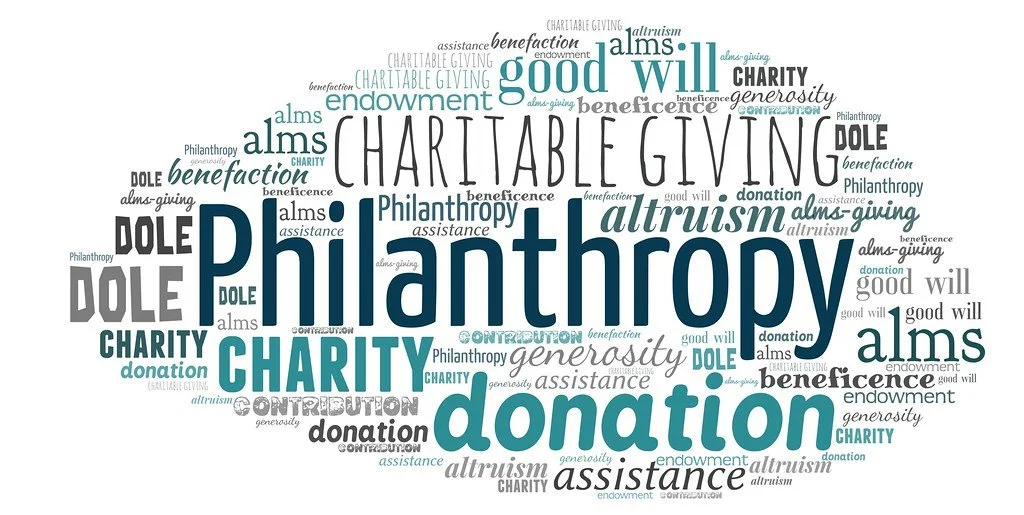Hari Balakrishnan's Cambridge Mobile Telematics tracks auto driving
Cambridge Mobile Telematics (CMT), a Cambridge U.S. based company, announced last week that it acquired a rival TrueMotion, which is based nearby in Boston. They are the first and second largest providers of mobile telematics respectively.
The combination will ”widen our lead…but also use our combined talent to invent new products for risk measurement, contextual telematics, and crash mitigation across emerging mobile, IoT, connected-car, video, and sensing technologies,” Hari Balakrishnan, CMT’s Co-founder and Chief Technology Officer said in a statement.
CMT’s app Drivewell runs on hundreds of different digital phones, using sensors to detect driving behavior of millions of drivers of cars, trucks and other vehicles. The company says it is modernizing the automobile insurance business by enabling insurers to improve their business “by identifying, engaging, and rewarding safe drivers.”
Typically, insurance companies offer drivers a discount - of up to 30% - on auto insurance policies for using a telematics app on their phone. Through data from such apps, CMT and TrueMotion provide automobile insurance companies with speeding, hard braking, turn speed, chatting on the phone, time of driving and other usage and behavior-based data of drivers.
Such telematics data are used by State Farm, Progressive and most major insurers in the U.S. to process crash claims as well as price auto insurance policies to reduce both claims and losses on policies. The driving data replaces the use of age, job, education, home ownership and other data traditionally used by insurers to price a policy. The established insurance companies are also trying to fend off Root and other new competitors which offer cheaper policies to qualifying individuals, by pricing solely based on usage data.
Telematics combines data from sensors, artificial intelligence, and behavioral science to enable insurers, rideshare companies, fleet operators, automakers, app makers, cellular companies and the personal safety industry to accurately measure driving risk, help drivers adopt safer techniques and behavior, detect crashes and offer real-time crash assistance. The data also enables rideshare companies and fleet operators to select and retain good drivers.
Critics of telematics say it intrudes on privacy and also that such data is used by insurers to raise prices on auto policies for Blacks, Hispanics and low-income drivers. The insurers argue that, since drivers can control their telematics-based risk factors, they can reduce their crash risk and lower their insurance premiums using feedback and incentives.
As a result of its acquisition of TrueMotion, CMT will provide telematics services to 21 out of the 25 largest auto insurers in the United States, and across more than 20 countries, including Canada, the United Kingdom, Germany, South Africa, Japan, and Australia.
Besides, Cambridge, U.S., CMT has offices in Seattle, Tokyo, Chennai, and London. The two companies together employ around 400 insurance, technology and behavioral science professionals.
CMT’s purchase price for TrueMotion was not disclosed. So far, TrueMotion has raised about $10 million in funding at an unknown valuation, according to Crunchbase. In 2018, CMT raised $500 million from Softbank Vision Fund at an estimated $2 billion valuation. CMT says its operations are profitable.
In 2004, Hari Balakrishnan, 50 years old, and Sam Madden started the CarTel project at the Massachusetts Institute of Technology (MIT), developing a mobile sensing system to collect and draw inferences from sensor data on mobile devices. They partnered with Boston taxi companies to measure traffic and road surface conditions using new methods for mobile telematics.
In 2010, Balakrishnan and Madden founded Cambridge Mobile Telematics, as a spinoff from MIT, with Bill Powers.
While the chief technology officer at CMT, Balakrishnan is also the Fujitsu Professor of Computer Science and Artificial Intelligence at MIT. Before CMT, he co-founded a data analytics firm StreamBase, which was acquired by TIBCO, and was a founding advisor to Meraki, which was bought by Cisco..
In 1998, Balakrishnan earned a Ph.D. in computer science from the University of California, Berkeley. He holds a B.S. in computer science and engineering from the Indian Institute of Technology (IIT), Madras 1993. He graduated from the Kendriya Vidyalaya high school in New Delhi in 1989.
In 2015, Balakrishnan was inducted to the National Academy of Engineering and in 2017 to the American Academy of Arts and Sciences.
Balakrishnan’s sister Hamsa Balakrishnan is a Professor at MIT, working in the areas of control and optimization of cyber-physical infrastructure with an emphasis on air transportation. She received her Ph.D. at Stanford in 2006. His mother Radha Balakrishnan is a theoretical physicist, a prominent women scientist in India. His father V. Balakrishnan is also a theoretical physicist. He has a series of lectures on classical physics, quantum mechanics, mathematical physics, and more on YouTube, which are popular, with some attracting over a million views.
In the future, rising numbers of self-driven vehicles will impact the business of auto insurers as well as CMT. Since autonomous vehicles are expeced to be safer, will there be a drop in demand and prices of auto insurance? Is the autonomous vehicle manufacturer or the passenger responsible for a crash? Who buys the auto insurance, owner or manufacturer? If owner, will regulators allow insurers to charge different prices for owners of the same cars? If manufacturers buy auto insurance, will it be cheaper for them to self-insure rather than pay insurance companies?
Balakrishnan is apparently not too worried. Speaking to an MIT publication he said CMT will “be at the forefront of insuring autonomous or semi-autonomous vehicles, in that all autonomous vehicles will be on telematics — rating the quality of the sensors, reinforcement algorithms, and the self-driver.”






